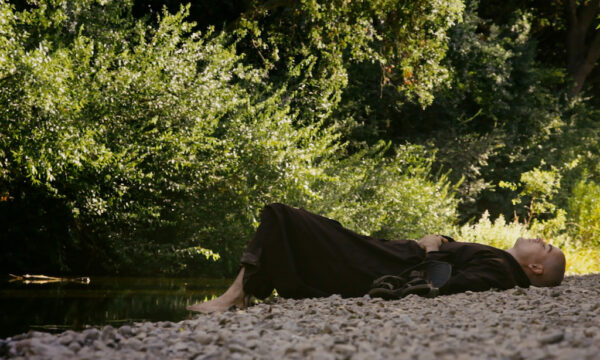Physical books are still irreplaceable

After the introduction of Kindles and e-books and tablets, the world got a little bit anxious about the potentially damned future of physical books. Frankly, we needn’t worry; real books are most certainly not going to disappear off the face of this technophilic dystopian world any time soon. To many, the infinitely preferable experience of reading a book as opposed to a screen is obvious, and any other kind of literary experience is at best simply a means of ingesting information. 
While we are all perfectly aware of the benefits of e-books in terms of efficiency and ease, and have probably all heard some poor soul trying to preach the wonders of the Kindle (“Yes, but I can have hundreds of books on this!”), the appeal and experience of actually buying a book is incomparable to anything technology can offer us. Unlike music, a book cannot be instantly enjoyed in its entirety, so really there’s not much point in being able to have the entire works of Shakespeare in your pocket at any one time. Not to mention, the indescribably smug pleasure of lugging War and Peace around in your bag is a sense of validation unlike any other.
Physically being able to open and close a book, flick through its pages, even smell that dusty paper smell is like some unidentifiable sparkly designer drug to some people, one that is entirely free of a mind-numbing comedown and always readily available at your local library. The wonders of libraries, seeing all those bound and crinkly spines there to peruse at your leisure, brings seriously into question the notion of getting excited over an e-book reader, aka Just Another Shiny Plastic Thing. When you find yourself in possession of a book you know that that one book will always be Siddhartha or 120 Days of Sodom in its own right, from cover to cover, there on your shelf or in some pile waiting for you to trip over it again and give it the attention it deserves, as opposed to merely existing as a few typed words in a myriad of other typed words.
Ultimately, it is of the highest importance to enjoy books for what they are, which is not just information sent out to be consumed as efficiently as possible, but to be interpreted, enjoyed and most importantly, shared. We shouldn’t forget the artistic value of a beautiful front cover or a meaningful inscription, and often the best gift we can give to someone is the slow burning pleasure of a decent read that can be kept and passed on.
Don’t misunderstand this: the benefits of having something light and small to throw into your bag instead of a Dostoyevsky volume, especially when travelling, is of course incredibly handy, and you might regret having accumulated 40 kilos of books when you’re having to move house via public transport. However, as humans, we will always need and prefer the real thing. Virtual versions of any kind of human experience will just simply never measure up, including that joy of flipping an unmarked book open to the exact page you were looking for. Sorry technology, you lose.
Miriam Karmali























Facebook
Twitter
Instagram
YouTube
RSS